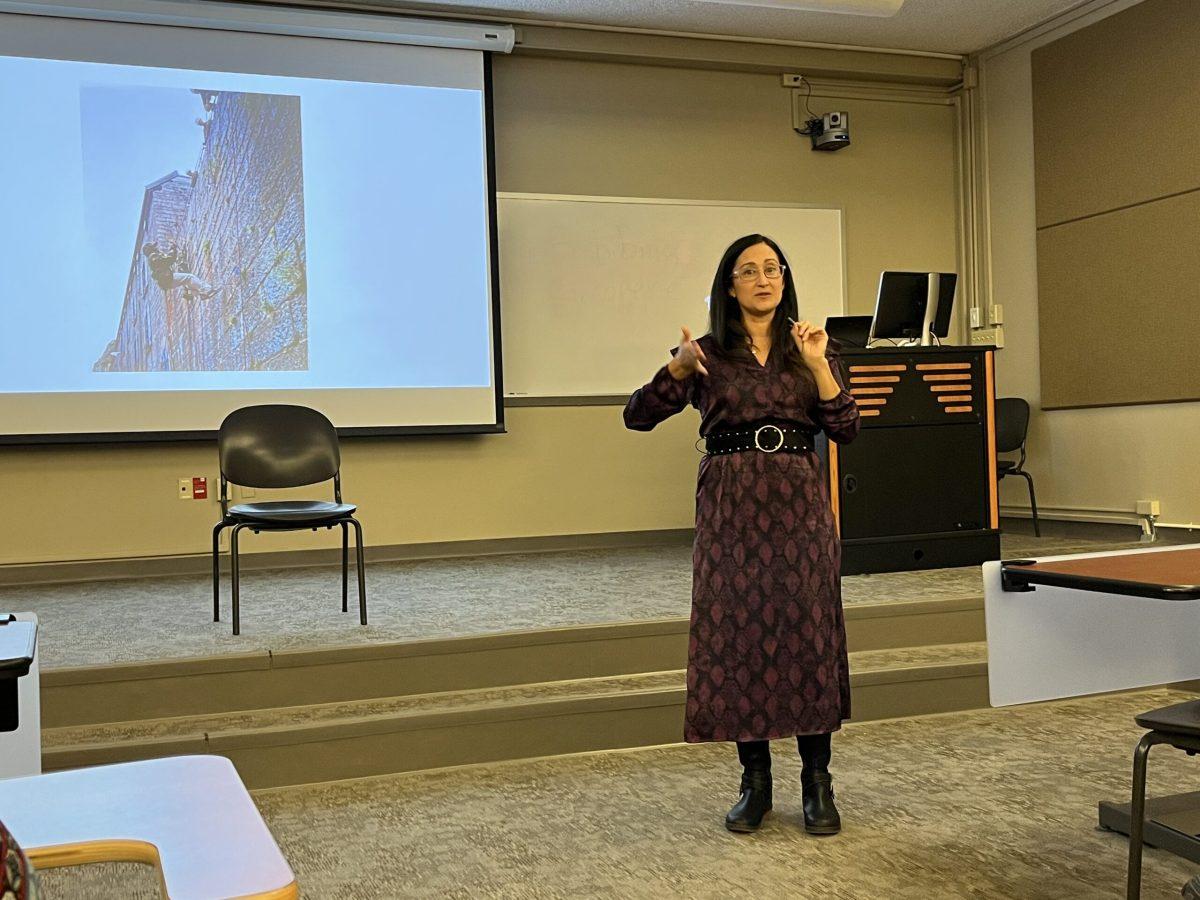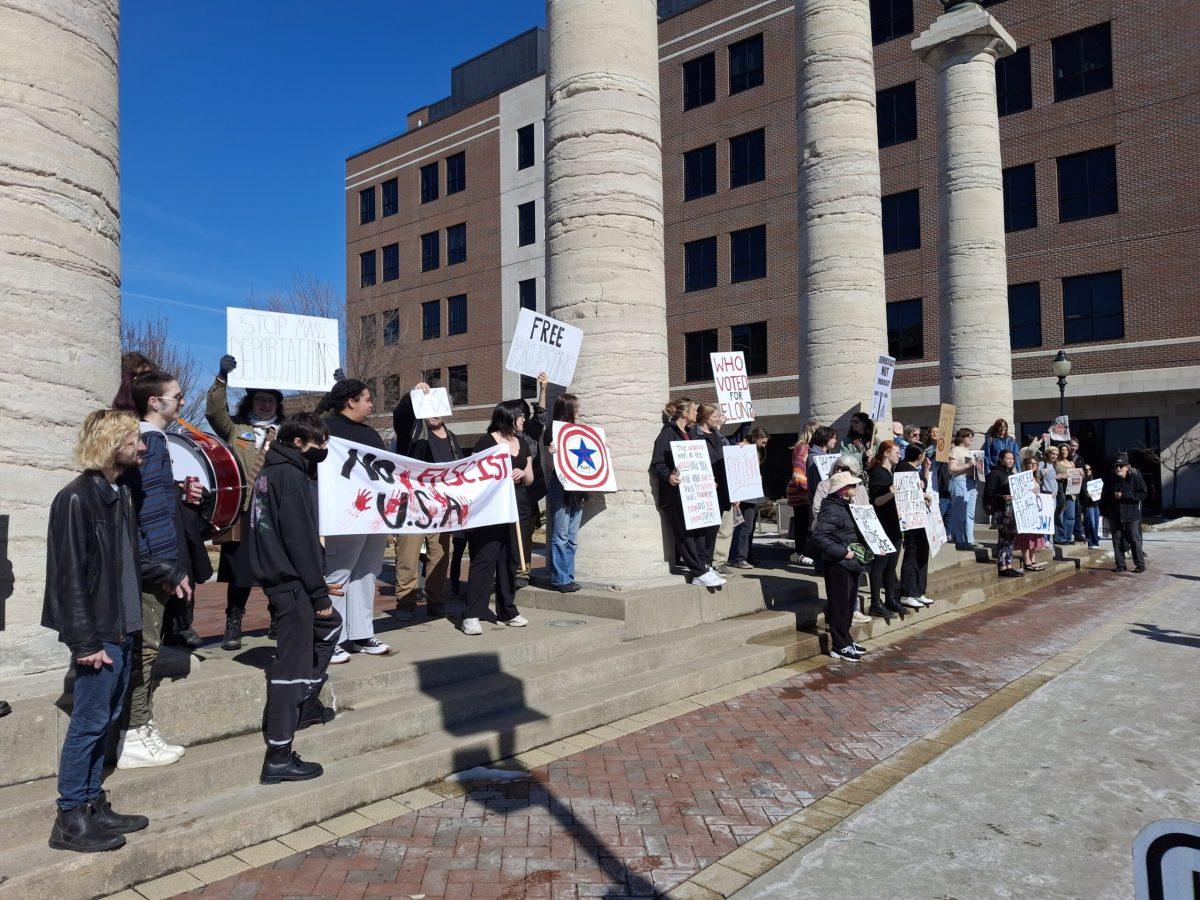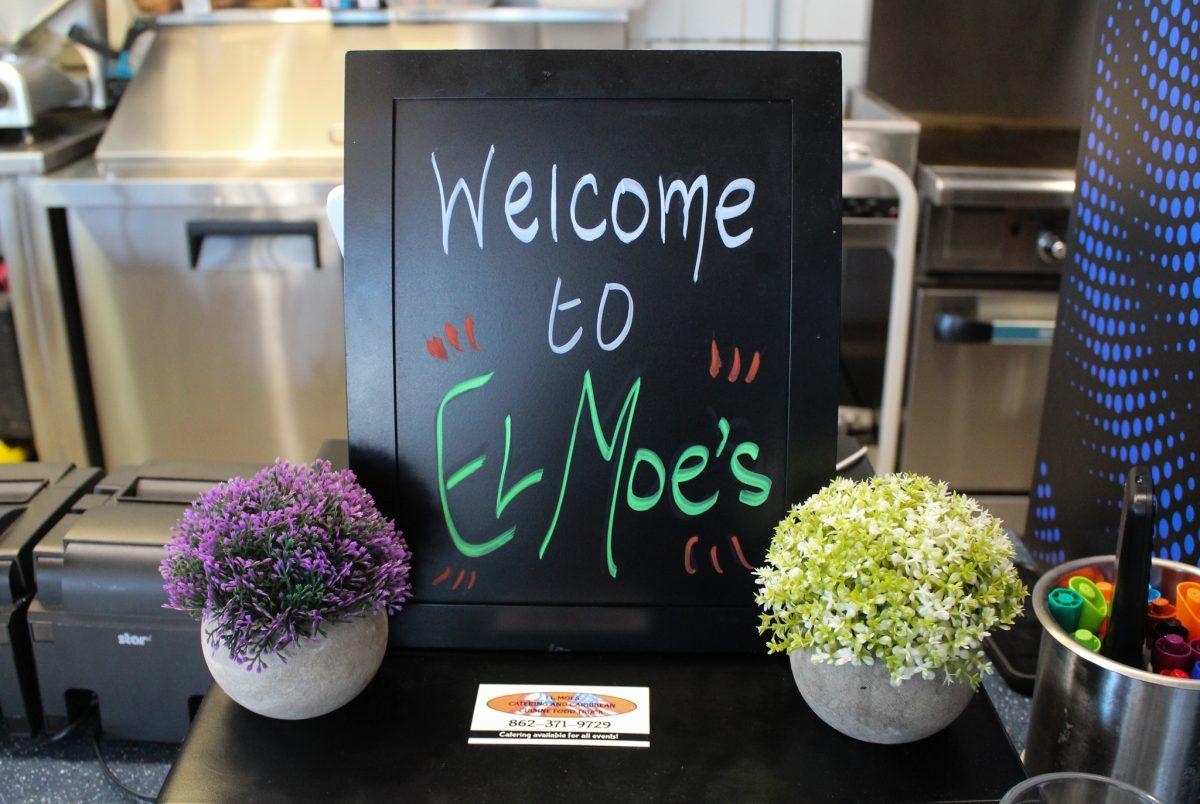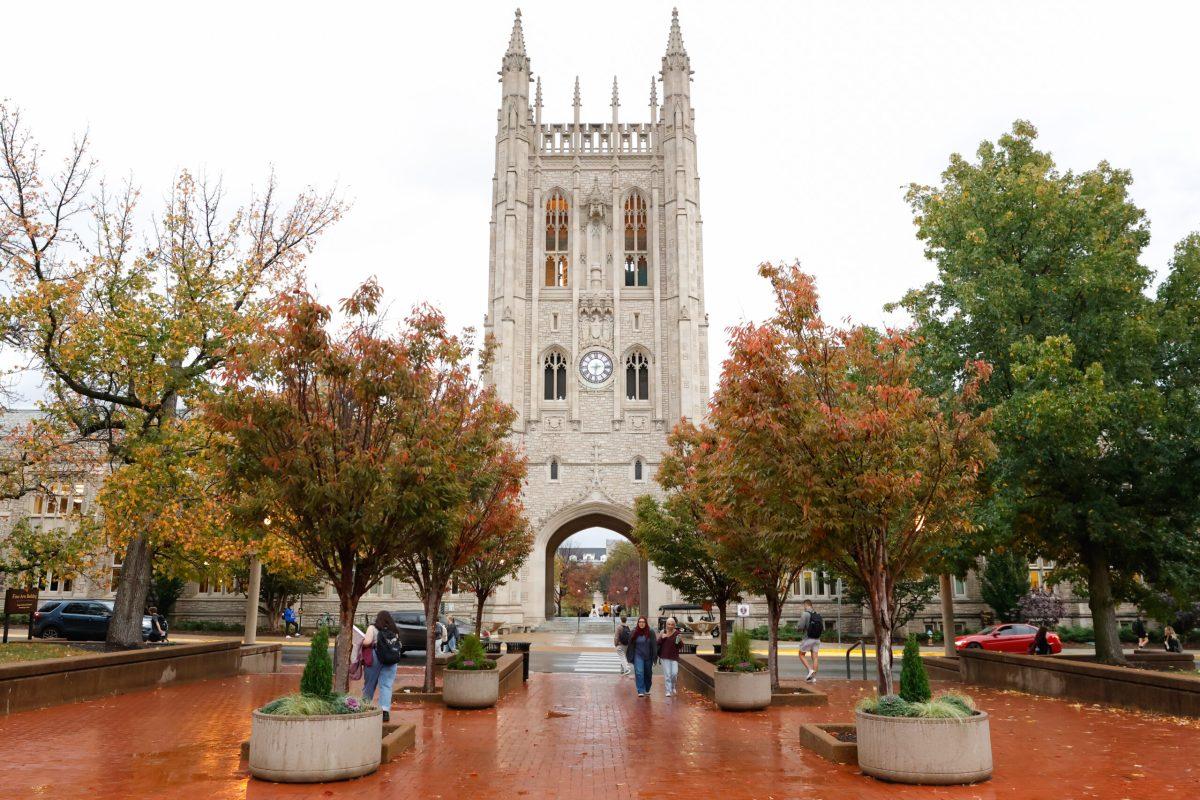Rebecca Rivas, an MU alum and journalist, spoke to members of the Association of Latin@ American Students Sept. 28. Her talk focused on her journey at MU as a first-generation Latina college student.
Rivas transferred to the Missouri School of Journalism in January 2000 from the Metropolitan State University of Denver. Rivas said this shift was both “very beautiful” and “very scary.” The shift into her three years at MU can, similarly, be understood in these words.
Within the journalism school, Rivas said a constant competitive environment was commonplace.
Curriculum at the journalism school can include writing for the Columbia Missourian, where students work in a specific beat to cover certain publishing areas.
“You go in there, you get a beat and you do try to keep up with the pace,” Rivas said.
Rivas said this environment is not conducive to building interpersonal and meaningful connections with sources. While it pushes reporters to develop essential skills, particularly in writing for speed, it also promotes a “just put your head down and do it” mentality.
Lauren Hubbard, MU senior and the president for MU’s National Association of Hispanic Journalists chapter, said she found the information valuable to her career advancement.
“It helped me remember the importance of immersing myself in a community to earn trust from sources and community members,” Hubbard said.
Hubbard said Rivas “proves that it’s possible” to do so.
After transferring, Rivas encountered difficulties in finding a sense of belonging on campus.
“Am I saying things that are totally opposite from what you’re supposed to say?” Rivas said.
Rivas discovered that she was not alone in her thoughts after the presentation when meeting with MU students individually.
A teary-eyed student approached Rivas after her talk and told her she wanted to leave MU.
Rivas provided the student with her phone number to offer guidance, as she said this interaction was a reminder of her past struggles.
“It was hard,” Rivas said, in regards to witnessing an MU student experience hardships she also went through as a Latina student.
Rivas’ struggles compelled her to seek identity-based communities within MU that made her feel more welcomed.
Rivas said she found her safe spaces at Adelante!, a defunct bilingual newspaper founded in the early 2000s by MU, and the Cambio Center, an MU-affiliated organization focused on uplifting Latino outreach and research.
“It was just a real nurturing environment, so aside from just being people that we would go to stories for, everybody wanting you to do well, it just gave you more of a sense, another layer of arms wrapping around you of people who wanted you to succeed and that felt really great,” Rivas said.
Rivas credits what she penned as the “Adelante! Method” from her time at Adelante! for helping her answer the main question she presented to attendees: “How do we honor our ancestors in a predominantly white environment?”
Rivas said the answer lies in being presently active in your community.
As an investigative journalist working specifically with communities of color to cover civil rights, criminal justice and immigration at the Missouri Independent, Rivas places high importance on gaining the trust of her sources; a contrast from the journalists she has encountered who, she said, do not actively work to earn long-term trust and are regarded as non credible.
The perseverance Rivas portrays in working with her sources is why Rivas’ presentation was crucial to Latino students, said Anna Romero, the founder-turned-adviser of ALAS.
“Just come with the mindset that you deserve to be here and that you just try and don’t give up,” Romero said. “Find resources on your own and create your own family when you come to campus.
Knowing to find a home within campus, as Rivas did within her years at MU, requires a unique skill that Rivas believes only first-generation students of color possess.
“The superpower that first-gen students have I think particularly over other students is you guys have such incredible intuition,” Rivas said. “It’s not only embedded in your culture but because you have to seek something out in a way that other people haven’t.”
Edited by Zoe Homan | [email protected]
Copy edited by Kyla Pehr and Jacob Richey













